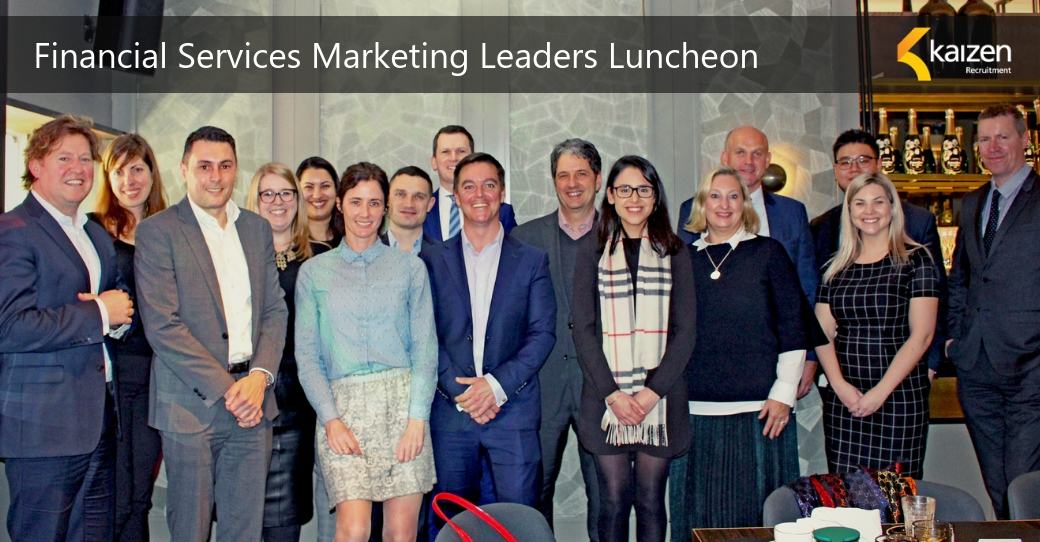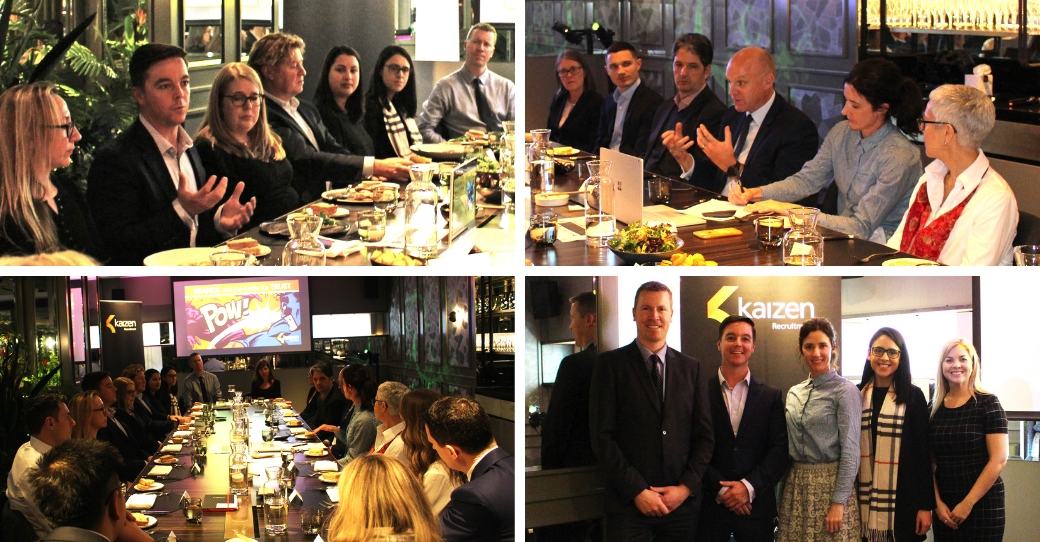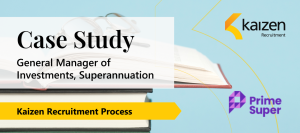Financial Services Marketing Leaders Examine Brand Trust Post Royal Commission
Kaizen Recruitment recently hosted a roundtable discussion comprising a diverse group of marketing leaders to examine brand trust in financial services post royal commission. The group included heads of marketing across funds management, banking, superannuation, trustee services, investment research and insurance.
The issue of brand trust is always top of the marketing agenda but to transcend the royal commission quagmire and imminent future scrutiny, brands must execute an impenetrable and genuinely customer-centric brand promise.
Marketing professionals must hit the mark with a relevant, believable and true brand story. This in many cases may mean entering a new realm of organisational reform across leadership, values, culture, conduct, governance, data quality, innovation, social responsibility and more.
Below, I expand on the themes explored during the roundtable and then outline the top four marketing activities to rebuild trust.
What impact has the royal commission had on brand trust?
The response to this question across the marketing leaders was mixed. The impact of the royal commission has had minimal negative consequences for many organisations and in a few cases, brands have strengthened and even profited from the royal commission.
For those brands that were specifically called out in the commission, times have been tough in the media and unsettled customers but has also led to business disruption due to lengthy visits and enquiries made by ASIC and APRA.
In the case of superannuation, a general uplift in member engagement has been observed.
Do Australians vote with their feet?
Australians are averse to changing financial institutions because of general apathy and a perception that is too hard; unless they have been personally aggrieved or the benefits elsewhere are considerably greater.
It is not necessarily a case of ‘trust’ that people stay with the same financial institution, but rather an attitude that “it will do” or “it’s the best of a bad bunch” or “it’s too time consuming to change anyway”.
What do Australians trust and distrust?
To be a trusted financial institution, there generally needs a perceived or real ‘yes’ to these consumer concerns:
- Is my money safe?
- Is my financial situation improving?
- Do they do what they say?
- Do they communicate mistakes effectively and appropriately remedy the situation?
While people tend to feel their money is ‘safer’ in larger institutions, the royal commission has incited record high levels of distrust and record low levels of trust in the biggest players.
In the wake of the Hayne Report of February 2019, NAB soared passed CBA to become Australia’s most distrusted bank skyrocketing from 36.9% distrust to 53.7% distrust. Simultaneously, NAB’s level of trust plummeted from 18.5% to 11.5% (Source: Roy Morgan).
The idea that bigger is better is being challenged and we are seeing the clashing of old and new worlds with a growing trend, especially in younger demographics who place less value on the size of the institution and more value on ease of use, convenience, transparency, inclusion, diversity and social responsibility.
Ethical investments not understood
The level of interest in ethical investments is increasing, but many consumers are under the misguided belief that it is some form of philanthropy or that their financial outcomes will be compromised. The market needs education around socially responsible investing, but where returns are a big driver, especially for consumers nearing retirement, ethical investments if not proven, are generally being overlooked.
Internal culture reformation
There was great emphasis in the discussion around the importance of brand values, purpose and authenticity to shape employee conduct and culture, and in turn drive brand trust.
This is a tough one, especially because of the sheer size of many financial institutions and this requires heavy investment in continuous internal marketing.
Where employees have KPI’s for instance around sales figures or low insurance claim payouts, there needs to be a greater cultural shift towards KPI’s around customer profitability outcomes, customer experience and customer satisfaction.
Hire the right people from the outset
While it was not specifically discussed, from a recruitment standpoint, Kaizen more than ever recommends that financial institutions hire to a strict values system. Operating in the best interest of customers must be at the core of everyone in the organisation, with special emphasis on senior management. The quality and integrity of the people inside any organisation is truly the best marketing around.
Gain competitive advantage in the trust stakes
After reflecting on the discussion, in my opinion, the top four marketing activities to boost trust are outlined below.
1. Up the ante on internal marketing
Proof of the values and conduct inside any organisation is often the best marketing around. Marketers must work with human resources to ensure that all aspects of a strengthened brand promise are extensively and continuously promoted, rewarded and upheld from within.
2. Believability – marketing messages with appropriate sentiment and practicality
Customer cynicism and distrust are at record highs so emotive campaigns selling pipedreams and romanticised ideas around financial freedom maybe polarising. Tone down the emotion and shoot for ‘believable’. Use of messaging that reinforces simple and true practicalities about the brand also could be effective, for example, promoting convenience, security, technology, ease of use, customer experience, financial performance and so on. Getting back to the fundamentals and not over promising will engender trust – so long as the brand can do what they say.
3. Do good and keep it coming
The foundation of trust is based on actions not words. Many institutions do very well at giving back and this effort is increasingly important. Diversity across the board and leadership positions, ethical investment options, best environmental practice, inclusive marketing messages, fixing mistakes quickly and transparency also contribute to a trustworthy brand.
4. Technology, convenience and security
Continuous improvement around tech capability, user experience and cyber security across all digital platforms infers that a brand is progressive, secure and at the front of the race. Promoting these benefits not only engenders trust and appeal but the ease of use and peace of mind are highly valued.
On behalf of Kaizen Recruitment, I would like to thank Adam Dixson for his preparatory efforts and co-chairing the roundtable session. Thank you also very much to our guests for their participation and generous exchange of ideas and opinions.
Regards
Katie
Katie Gold – Marketing Executive
Kaizen Recruitment specialises financial services recruitment across funds management, wealth management, superannuation, investment consulting and insurance. We are based in Melbourne and Sydney. For assistance or further information please telephone our office at +61 3 9095 7157 or submit an online form.
Like what you see?
Please feel welcome to join
Kaizen Recruitment’s mailing list












